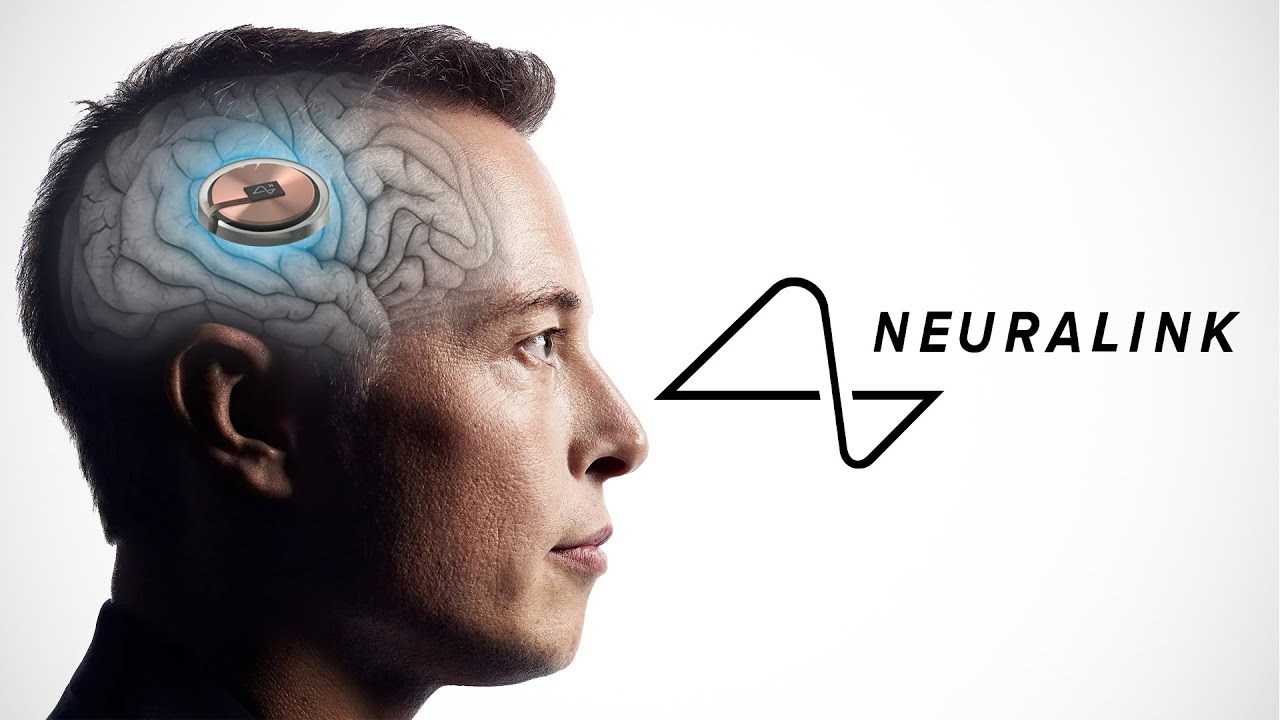
Elon Musk’s Neuralink has received approval from the US Food and Drug Administration (FDA) to begin human trials of its brain implant technology. The company plans to start by testing the device in people with severe spinal cord injuries, who could use it to control prosthetic limbs or other devices with their thoughts.
Neuralink’s device is a small, coin-sized chip that is implanted into the brain. It contains thousands of electrodes that can record and stimulate brain activity. The company says the device could be used to treat a variety of conditions, including paralysis, blindness, and Alzheimer’s disease.
Musk has said that Neuralink’s ultimate goal is to create a “symbiosis” between humans and machines. He envisions a future where people can use their thoughts to control computers, cars, and other devices.
Elon Musk’s Neuralink has been approved for human trials.
But where will this ultimately take humanity, and will it get off the ground?
Eventually Musk hopes that this device could be implanted people’s brain in order to help them regain vision, conquer obesity, and treat… pic.twitter.com/xtskJUmEE0
— Ed Krassenstein (@EdKrassen) May 26, 2023
The FDA’s approval of Neuralink’s device is a major milestone for the company. However, it is important to note that the device is still in the early stages of development. It is not yet clear how effective the device will be in treating patients, or what the long-term risks of using it may be.
Did you ever wonder what Elon Musk’s masterplan is for society?
Ever wonder why he is really developing Neuralink, Tesla and Twitter?
After a deep investigation, I unfortunately found out. What I discovered is extremely terrifying.
Please do not read further unless you are… pic.twitter.com/4dTuVzL88z
— Ed Krassenstein (@EdKrassen) May 26, 2023
Here are some more details about Neuralink:
- The company was founded in 2016 by Elon Musk, Sam Altman, and Max Hodak.
- Neuralink’s headquarters are in San Francisco, California.
- The company has raised over $1 billion in funding from investors such as Peter Thiel and Jeff Bezos.
- Neuralink’s brain implant technology is based on research conducted by scientists at the University of California, Berkeley.
- The company has published several research papers in scientific journals, including Nature and Science.
- Neuralink has also released a number of videos demonstrating the capabilities of its technology.
Elon Musk’s company, Neuralink has just received FDA approval to start testing brain chip implants in humans!
This is important because Neuralink is working on helping blind people see and solving many types of neurological disorders, like depression, dementia, seizures,… pic.twitter.com/yFWUW8MOMg
— Neura Pod – Neuralink (@NeuraPod) May 26, 2023
The FDA’s approval of Neuralink’s device is a significant development in the field of brain-computer interfaces. It is possible that Neuralink’s technology could revolutionize the way we treat a variety of neurological conditions.
However, it is important to remember that the device is still in the early stages of development, and there are still many unanswered questions about its safety and effectiveness.
